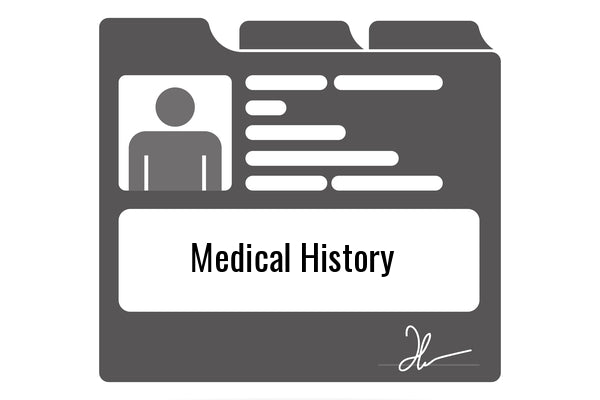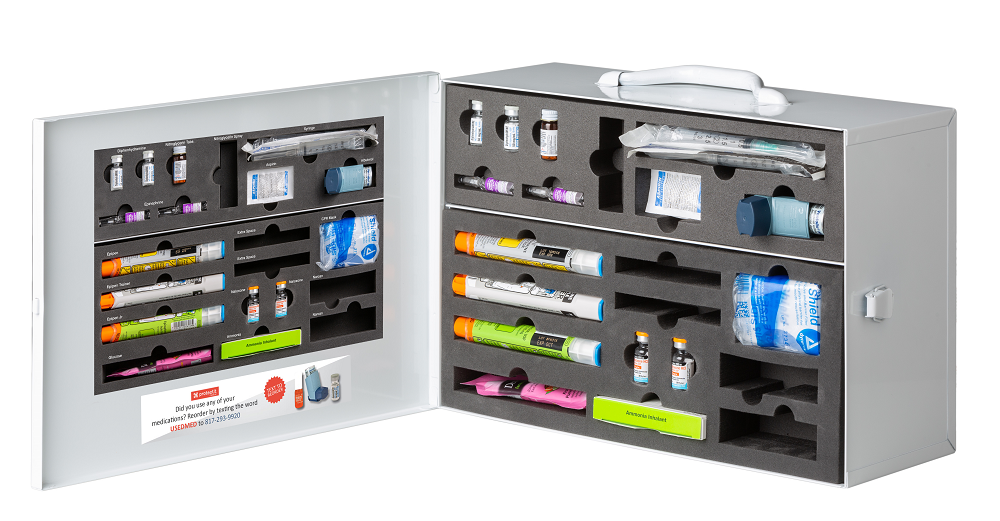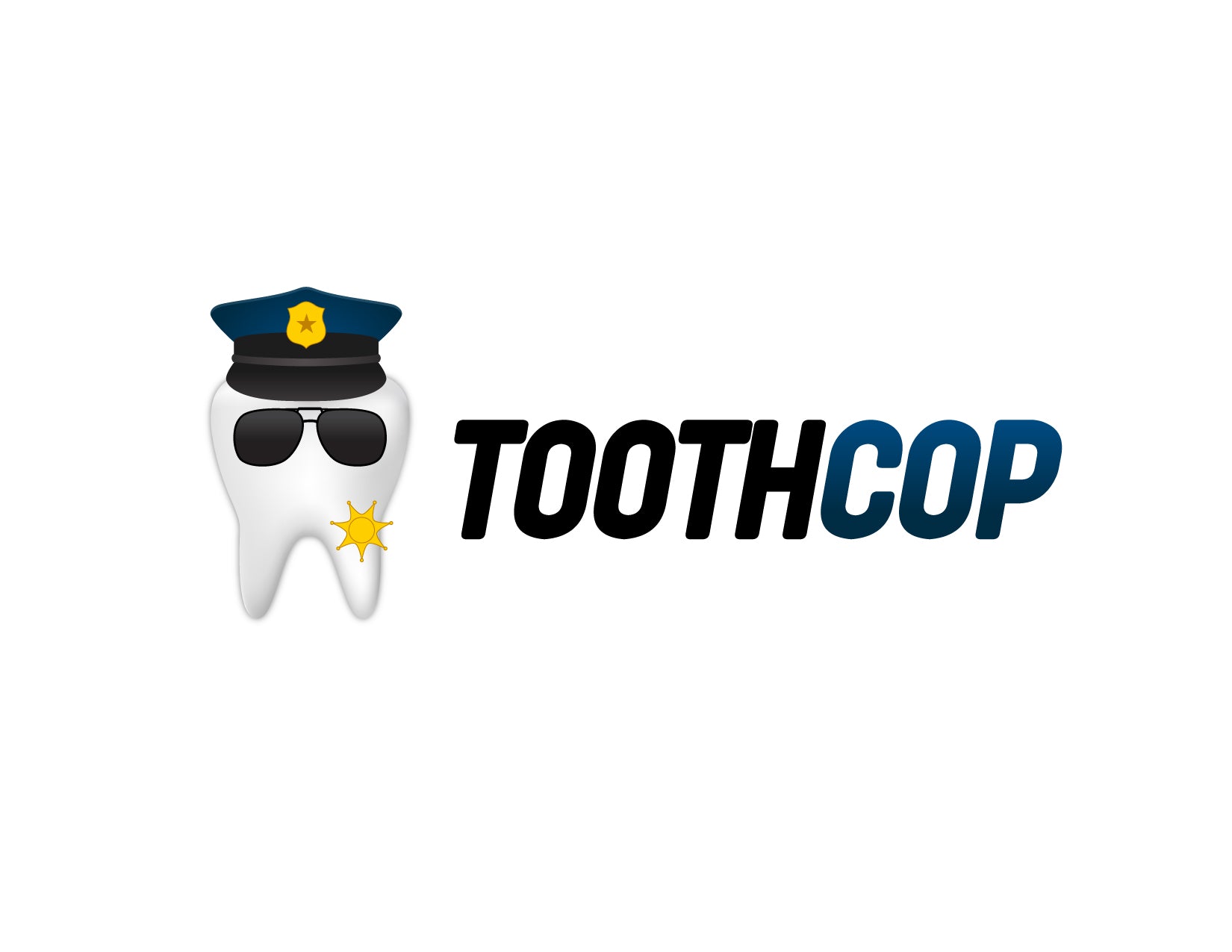
More practices today are use electronic dental records. There are certainly pros and cons of doing so, which is beyond the scope of this blog post. What is important is that the software used today allows providers to template their notes, which are o...
Read more
Physician practices and hospitals routinely audit for compliance, risk management, revenue cycle and quality of care issues. They don’t necessarily like it, but they’ve settled into the routine of doing it to minimize their losses in the ever-increasing fight for dollars b...
Read more
When a dentist or DSO (or any other healthcare entity) get busted for Fraud, Waste or Abuse (FWA) issues the government may decline criminal prosecution in favor of a civil settlement known as a Corporate Integrity Agreement (CIA). There is much to unpack about CIAs. Here i...
Read more
As you can see from the title, today’s discussion centers on dental claims, which are utilized to seek reimbursement for services rendered.
Read more

As healthcare practitioners, dentists may be the only doctor some of your patients may see. This is a great opportunity for you to connec...
Read more
How often do you and your staff obtain a new written informed consent for treatment? State laws vary some, but let me throw this out there.... I frequently see dentists disciplined for not having signed consent when they should have had it. Converse...
Read more
Many states require that Dentists (and even staff members) maintain current BLS, ACLS and/or PALS. Additionally, there are requirements that Dentists have and maintain suitable emergency oxygen and have emergency drugs "as a...
Read more
I work with Private Equity firms as a partner in their due diligence processes. For my parts, office review and records audits, it is about identifying proficiencies and deficiencies (or what I call ‘opportunities’). Is the office compliant wi...
Read more
Daily perspective (pre-bill) audits help identify and minimizes billing errors by ensuring the accuracy of claims before they are submitted. This step alone can help compliance programs pay for themselves. Periodic retrospective audits involve the det...
Read more
After many years of Compliance Consulting in Dentistry, I have come up with a set of Recordkeeping Guidelines, which I affectionately call:
"Tooth Cop's Rules of Record Keeping"
